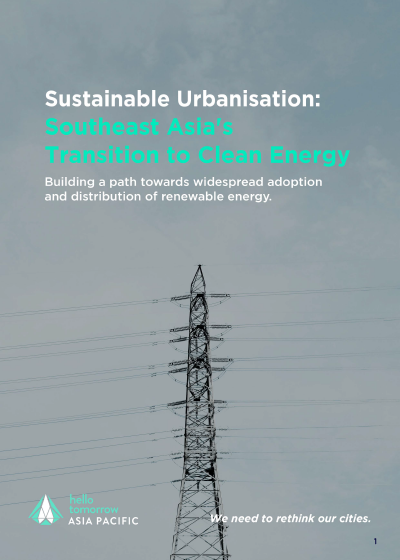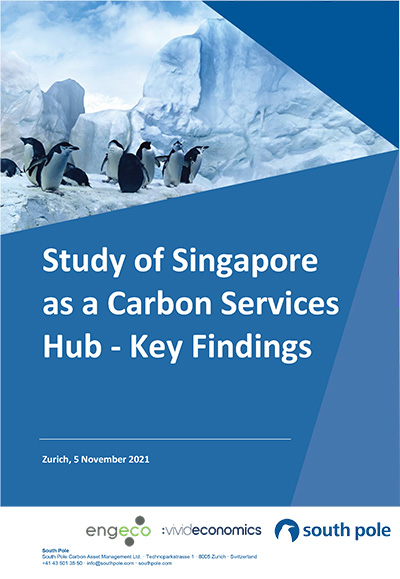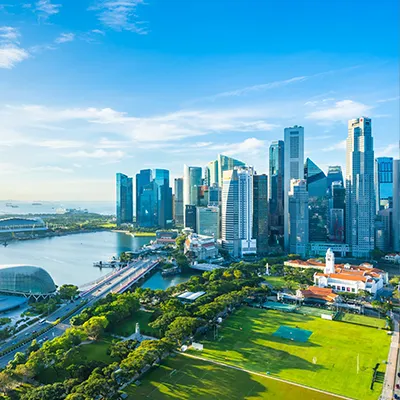“The ranking builds on two of the most important global trends in 2022, namely sustainability and globalisation,” said Professor Arturo Bris, Director of the IMD World Competitiveness Center. “Today, companies and governments need to balance the ESG (environmental, social and governance) impact of their global trade practices – and highlighting the dilemmas is a contribution of our ranking.
“Very often, governments and companies make choices without taking into account their interrelations. Some countries that rely on export-led growth need to sacrifice ESG objectives to be competitive and profitable, (while) the environmental and social challenges in some countries require protectionism and avoidance of global trade.”
Broadly, the index found that the top-ranking economies encouraged technological innovation and had low trade barriers; their citizens had a high life expectancy, attended school for longer, and enjoyed more growth opportunities. These economies also conserved energy and respected climate goals globally.
But, the index also unveiled some worrying trends, its authors said. For example, it found that the pandemic pressed economies to turn inward, in search of self-sufficiency. It also found that not all top performers were winners in trade behaviour; there were red flags in their policy management. And the top five economies in the societal pillar were major importers of products, the production of which was linked to modern slavery.
Singapore came behind New Zealand, the United Kingdom, Hong Kong and Japan in terms of overall scores. The Republic was ranked ninth and 10th in the societal and environmental pillars, respectively, and second in the economic pillar, after Hong Kong.
At the indicator level, Hong Kong and Singapore shone in attracting capital from foreign investors and had a well-developed technological infrastructure, the index report said.
But Hong Kong pipped Singapore because the former British colony still excelled in attracting capital from foreign investors, meeting the financial needs of the private sector, and ensuring the stability of its public finances, despite its zero-Covid stance. It also had the highest-performing technological infrastructure and maintained the top rank for the subsequent inflows of foreign direct investments.
Singapore, on the other hand, relies on global trade as a pillar of its competitiveness model, and has embraced openness and free trade, which is reflected in its No 2 position, said Prof Bris. Such a model still keeps reasonable standards of environmental protection and social impact, he added.
“Specifically, Singapore is one of the best countries on environmental standards and participates in most of the conventions related to trade quality; it excels in wastewater treatment; it has effective policies of carbon pricing and offsetting.








